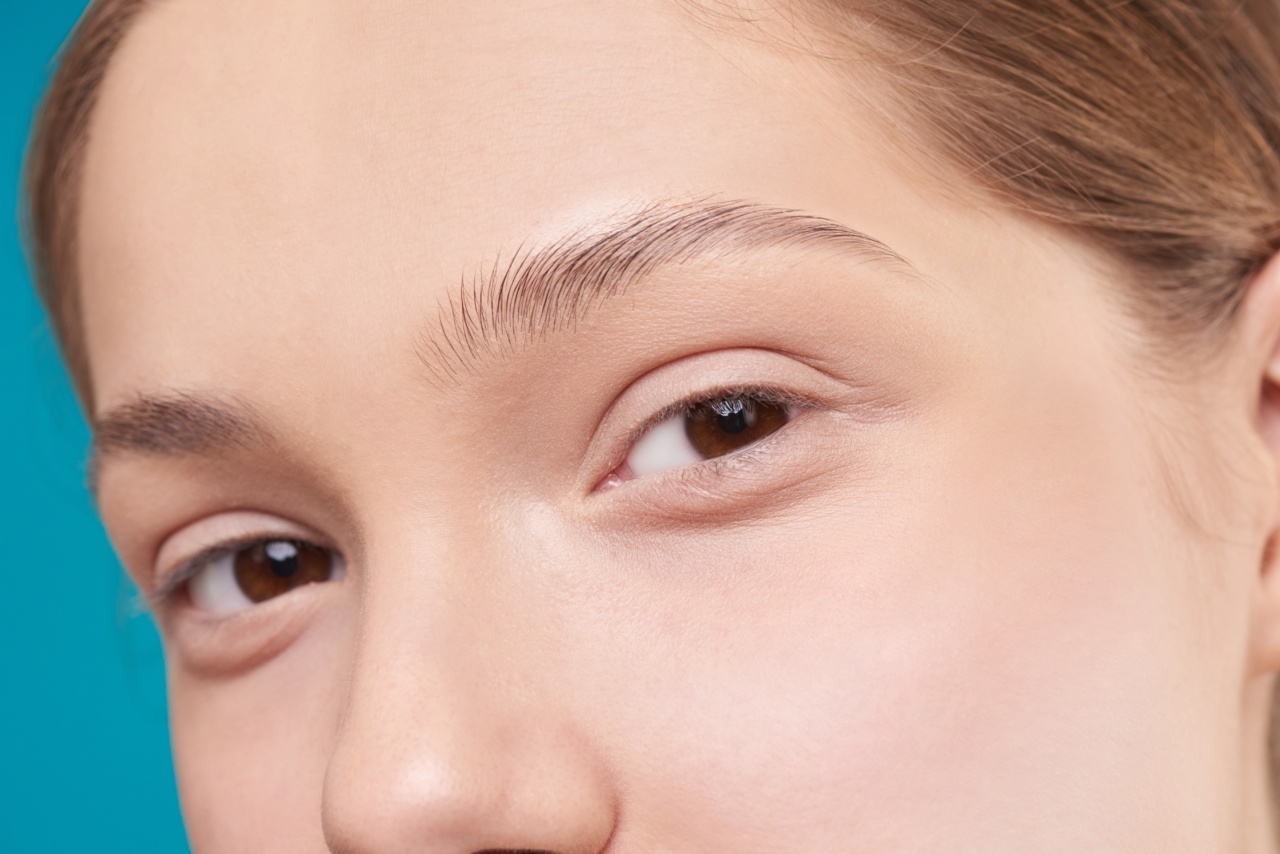Having clear and healthy skin is a goal for many individuals, regardless of age or gender. Our skin is not only the largest organ in our body but also plays a vital role in protecting us from harmful elements in the environment.
Achieving clear skin may seem like an elusive quest for some, but with the right knowledge and consistent skincare routine, it can be within reach.
Understanding our Skin
Before we delve into the quest for clear skin, it’s important to understand how our skin functions. The skin has three main layers: the epidermis, dermis, and hypodermis.
The epidermis is the outermost layer, acting as a waterproof barrier for the body. It also houses the melanocytes, which give our skin its color. The dermis, located beneath the epidermis, is responsible for the skin’s elasticity and strength. Finally, the hypodermis is the deepest layer, composed mainly of fat cells.
Our skin also has hair follicles, sweat glands, and sebaceous glands. Sweat glands regulate body temperature by producing sweat, while sebaceous glands produce sebum, an oily substance that keeps our skin moisturized.
However, when sebaceous glands produce excess sebum or become clogged, it can lead to acne breakouts or other skin issues.
The Impact of Lifestyle Choices
Many factors can impact the overall health and clarity of our skin. One of the most significant factors is our lifestyle choices. Unhealthy habits such as smoking, excessive alcohol consumption, and a poor diet can take a toll on our skin.
Smoking, for instance, restricts blood vessels, reducing blood flow and causing a dull complexion. On the other hand, a diet high in processed foods and sugar can contribute to inflammation and breakouts.
Another lifestyle factor that affects our skin is stress. Chronic stress can trigger hormonal imbalances, leading to increased sebum production and an increased risk of acne.
Additionally, stress can worsen existing skin conditions such as psoriasis, eczema, and rosacea. Finding ways to manage stress, such as through exercise, meditation, or therapy, can greatly benefit the health of our skin.
Establishing a Consistent Skincare Routine
One of the keys to achieving clear skin is establishing a consistent skincare routine. This routine should include cleansing, toning, moisturizing, and protecting the skin from harmful UV rays.
Cleansing the skin helps remove dirt, oil, and impurities, preventing clogged pores. It’s essential to choose a gentle cleanser suitable for your skin type to avoid stripping away natural oils.
Toning is often overlooked but can be beneficial for restoring the skin’s pH balance and tightening pores. Using a toner with natural ingredients like witch hazel or rose water can soothe the skin and reduce inflammation.
Moisturizing is crucial as it helps hydrate and nourish the skin. Opt for a moisturizer that suits your skin type, whether it’s dry, oily, or combination.
Protecting the skin from the sun’s harmful rays is another vital step in any skincare routine. Exposure to UV rays can accelerate aging, cause sunburns, and increase the risk of skin cancer.
Make sure to apply a broad-spectrum sunscreen with at least SPF 30 before going out, regardless of the weather.
The Role of Diet and Hydration
What we put into our bodies also reflects on our skin. A well-balanced diet rich in fruits, vegetables, lean proteins, and healthy fats can contribute to clear and radiant skin.
Antioxidant-rich foods like berries, leafy greens, and nuts can help fight inflammation and protect against free radicals.
Additionally, staying hydrated is essential for maintaining healthy skin. Drinking an adequate amount of water throughout the day helps flush out toxins, improves circulation, and keeps the skin moisturized from within.
Avoid excessive consumption of sugary drinks and opt for water or herbal teas instead.
The Importance of Regular Exercise
Exercise offers numerous benefits for our overall health, including our skin. When we engage in physical activity, our blood circulation improves, delivering essential nutrients and oxygen to the skin cells.
This promotes a healthy complexion and a natural glow. Exercise also helps reduce stress levels, which can positively impact various skin conditions.
However, it’s crucial to maintain proper hygiene during and after workouts. Removing makeup before exercising, using a clean towel to wipe sweat, and showering afterward can help prevent clogged pores and breakouts.
Additionally, wearing breathable clothing can reduce friction and irritation on the skin.
Identifying and Treating Skin Concerns
Despite our best efforts, we may still encounter specific skin concerns that require attention. Some common skin concerns include acne, hyperpigmentation, dryness, and signs of aging.
Understanding the root causes of these concerns can help identify effective treatments.
For acne, incorporating ingredients like salicylic acid or benzoyl peroxide into your skincare routine can help unclog pores and reduce inflammation.
Hyperpigmentation can be treated with ingredients like vitamin C, niacinamide, or kojic acid, which help brighten the skin and fade dark spots. Using a hydrating moisturizer and avoiding harsh cleansers can alleviate dryness. Finally, the signs of aging can be minimized with the use of retinol, hyaluronic acid, or peptides.
If skin concerns persist or worsen, it’s essential to consult a dermatologist. Dermatologists can provide personalized advice, prescribe topical treatments or oral medications, and perform procedures tailored to individual needs.
Lifestyle Choices for Long-Term Skin Health
While skincare routines and treatments play a crucial role in achieving clear skin, maintaining long-term skin health requires making certain lifestyle choices.
These choices include practicing sun protection year-round, avoiding excessive sun exposure, quitting smoking, and managing stress levels. Additionally, getting sufficient sleep and maintaining a consistent daily routine can positively impact our skin’s health.
It’s important to remember that achieving clear skin is a journey rather than an overnight transformation. Consistency, patience, and a holistic approach are key.
Embracing a healthy lifestyle, incorporating effective skincare routines, and seeking professional help when needed can lead to radiant, clear, and healthy skin.



























